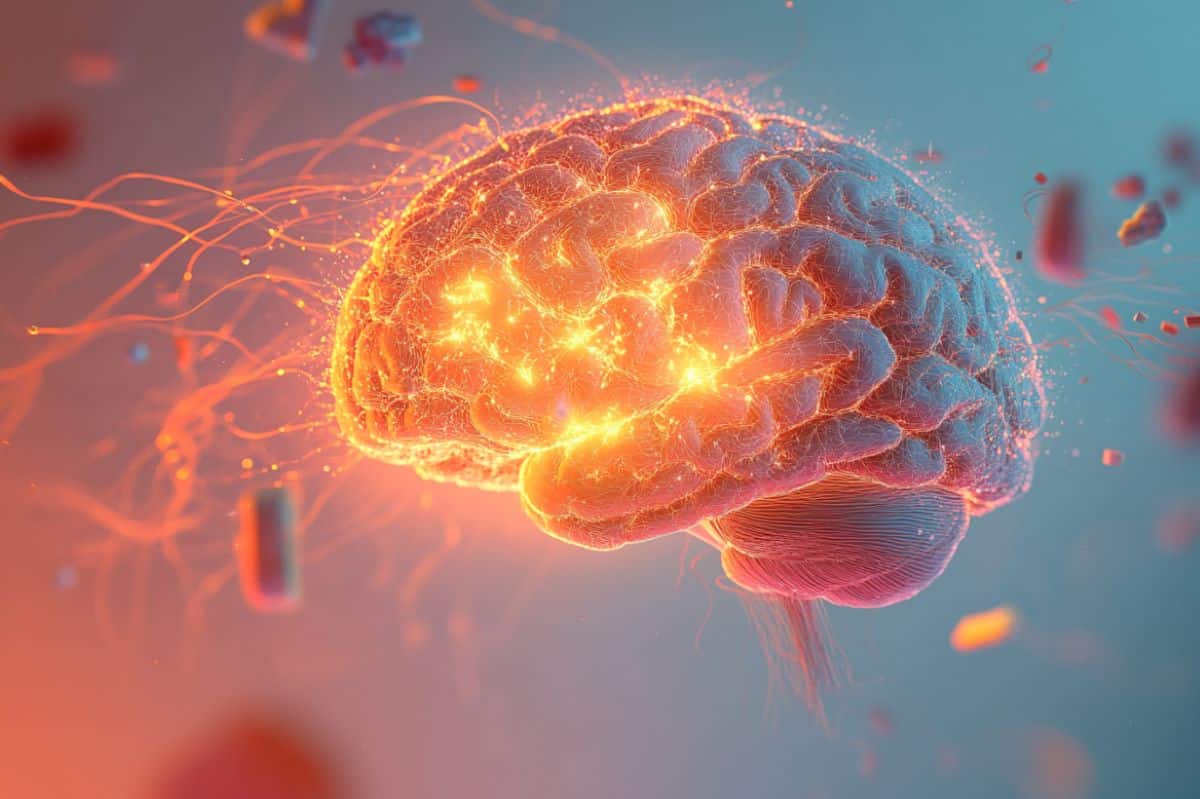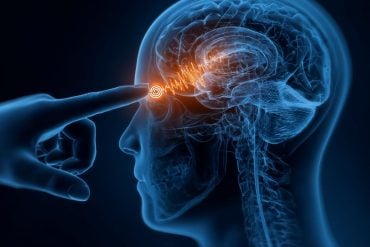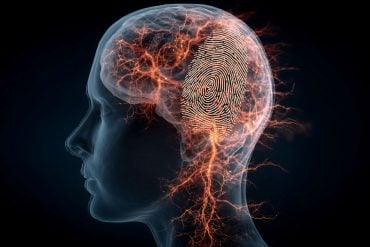Summary: New research shows that emotion enhances memory for contextual details, challenging the long-held belief that it impairs such memory. Brain imaging and behavioral studies reveal that emotional experiences activate cross-talk between emotion-processing and recollection regions in the brain, leading to stronger memories of contextual information.
This discovery has potential applications for improving memory in older adults and addressing clinical conditions like PTSD. Understanding how emotion impacts memory could reshape therapeutic strategies and cognitive treatments.
Key Facts:
- Emotion improves memory for context, contrary to previous beliefs.
- Brain imaging shows emotion-processing regions boost memory recollection.
- This research may help treat PTSD and memory loss in aging populations.
Source: Beckman Institute
Researchers at the Beckman Institute for Advanced Science and Technology have demonstrated that emotion enhances memory for contextual details, challenging the view that emotion impairs the ability to remember such information.
The report was led by doctoral student Paul Bogdan, currently a postdoc at Duke University, and Florin and Sanda Dolcos, professors of psychology and neuroscience at the University of Illinois Urbana-Champaign.
Their research appears in the Journal of Experimental Psychology: General.

“The story [of] emotion-memory interactions is still unfolding,” Florin Dolcos said. “We demonstrated the circumstances where you can prevent forgetting contextual details, which not only disrupts the status quo at the theoretical level, but also has practical implications about what you can do to control, channel and capitalize on the emotions’ energy to remember better.”
In emotional situations, people often focus more on the main subject—the crashed car, the yelling stranger, the crying child—and less on peripheral information. In three interconnected studies, the Beckman researchers linked behavioral, attentional and brain imaging data to build a complete image of emotion’s impact and account for this involuntary attention shift.
They found that emotion enhances the ability to retrieve contextual details.
In emotional situations that participants accurately recalled, functional magnetic resonance imaging data showed evidence of crosstalk between emotion-processing and recollection-processing brain regions, boosting recollection of contextual details. This is contrary to the prevalent view that emotion impairs memory for these details by inhibiting recollection-processing brain regions.
The complementary studies used Beckman’s eye-tracking facilities and one of its 3 Tesla MRI scanners. One study used webcam-based eye tracking, as participants took part remotely.
“Webcam-based eye-tracking is an emerging technology, and this is the first study of emotional memory to go beyond just validating its effectiveness,” Bogdan said.
Knowing how emotion impacts memories and how to manage them is a major step toward contextualizing memories, increasing well-being and alleviating clinical conditions like depression, anxiety and post-traumatic stress disorder.
PTSD is associated with memory decontextualization—a disconnect between the memory of a traumatic event and its context which causes the memory to be easily activated by unrelated triggers. The researchers hope that their findings contribute to strategies to prevent decontextualization and promote recontextualization.
This study also has general applications for enhancing memory. This is especially important for older individuals, as aging is often associated with declines in memory for contextual details.
Developing strategies for actively focusing attention on the entirety of an image or situation, rather than just the main focal point, can help slow memory declines.
“The status quo is that emotion impairs memory for contextual details, but if our relational memory is always impaired when we’re in the middle of something stressful, then there isn’t much that we can do about it, and thus the prospects are rather grim,” Sanda Dolcos said.
But this does not have to be the case.
“Having a recollection-based mindset when we experience and retrieve anything that we want to remember is key to our memory success,” Florin Dolcos said.
About this emotion and memory research news
Author: Lauren Otolski
Source: Beckman Institute
Contact: Lauren Otolski – Beckman Institute
Image: The image is credited to Neuroscience News
Original Research: Closed access.
“Reconciling opposing effects of emotion on relational memory: Behavioral, eye-tracking, and brain imaging investigations” by Paul C. Bogdan et al. Journal of Experimental Psychology
Abstract
Reconciling opposing effects of emotion on relational memory: Behavioral, eye-tracking, and brain imaging investigations
The effects of emotion on memory are wide-ranging and powerful, but they are not uniform. Although there is agreement that emotion enhances memory for individual items, how it influences memory for the associated contextual details (relational memory, RM) remains debated.
The prevalent view suggests that emotion impairs RM, but there is also evidence that emotion enhances RM.
To reconcile these diverging results, we carried out three studies incorporating the following features: (1) testing RM with increased specificity, distinguishing between subjective (recollection based) and objective (item–context match) RM accuracy, (2) accounting for emotion–attention interactions via eye-tracking and task manipulation, and (3) using stimuli with integrated item–context content. Challenging the prevalent view, we identified both enhancing and impairing effects.
First, emotion enhanced subjective RM, separately and when confirmed by accurate objective RM.
Second, emotion impaired objective RM through attention capturing, but it enhanced RM accuracy when attentional effects were statistically accounted for using eye-tracking data.
Third, emotion also enhanced RM when participants were cued to focus on contextual details during encoding, likely by increasing item–context binding.
Finally, functional magnetic resonance imaging data recorded from a subset of participants showed that emotional enhancement of RM was associated with increased activity in the medial temporal lobe (MTL) and ventrolateral prefrontal cortex, along with increased intra-MTL and ventrolateral prefrontal cortex–MTL functional connectivity.
Overall, these findings reconcile evidence regarding opposing effects of emotion on RM and point to possible training interventions to increase RM specificity in healthy functioning, posttraumatic stress disorder, and aging, by promoting item–context binding and diminishing memory decontextualization.






